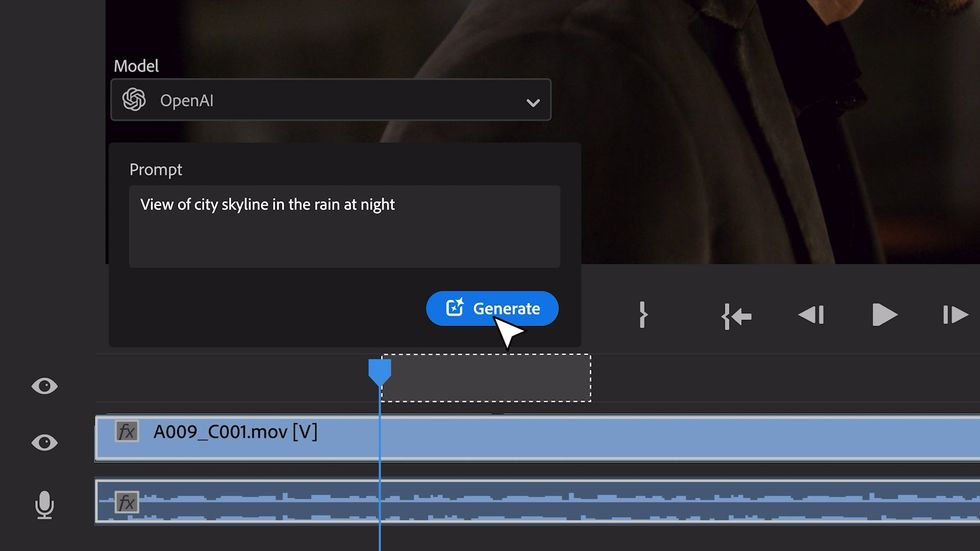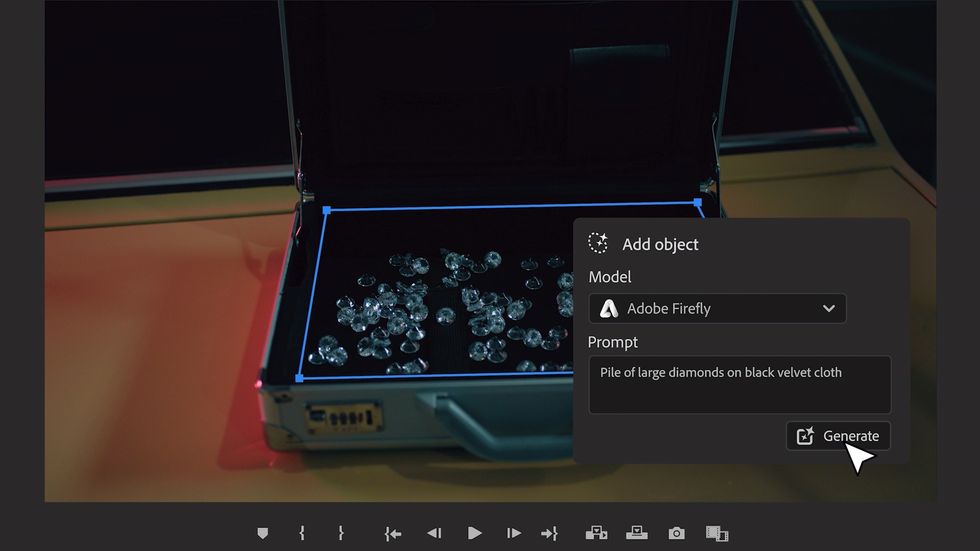4 Tips on Setting Your Fee for Freelance Videography Work
Nice, someone's interested in hiring your for a videography job! But what should you charge?

As a filmmaker or videographer, finance may not be your favorite topic, but it's certainly an important one. If your ultimate goal is to make a living doing what you love, you have to be knowledgable about the business side of your craft, as well as clear about your expectations. In this video, David Bergman of Adorama TV shares some tips on how to set your price, how to communicate with your clients, and what you should know about how businesses work.
I worked as a videographer/photographer in college to pay for textbooks—and the reason I was only able to pay for textbooks was because I absolutely despised talking about money with clients. Someone would approach me to do a photoshoot or film their wedding and they'd say, "What's your price?" Being an inexperienced freelancer I'd respond with, "Well, that depends. What are you willing to spend?"
My desire to not appear money-grubbing, as well as my failure to assess the value of my work drastically affected my income to the point where I gave it up all together. Honestly, getting paid $200 to film a wedding and deliver a video days later just wasn't worth it.
So, before you head into your next videography gig, you might want to consider these tips:
Don't be afraid to talk about money
You're providing a service, so of course your fee must be discussed. Your client wants to talk about this just as much as you do, so don't worry about coming off as money-hungry.
Accurately assess your fee
This is tricky, because while some think themselves the next Steven Spielberg and charge too much, others think themselves as a nobody and charge too little. Take into account your level of experience, the gear you use, travel, per diem, and how long the job will take. Depending on the type of work you're doing, you may want to charge an hourly, day, or project rate, so, for example, an you might want to charge by the hour if you're doing an editing job, but for a wedding, you might want to charge a flat fee.
Don't hand over the final product until you've been compensated
No one wants it to ever come to this, but sometimes it's difficult to get clients to fork over the money they owe you, and delivering the product to them only makes it harder. Requiring a deposit is a good way of getting this ball rolling, and requiring your fee to be paid in full before you hand over their photos or videos is a great motivator for payment.
Name your price
Don't be like me and give your clients the option to name their price, because they'll go as low as they can. Name your price, that way the ball is put in their court to agree, negotiate, or walk away.
Do you have any tips on how to decide on what to charge for videography work? Let us know in the comments!
Source: Adorama















